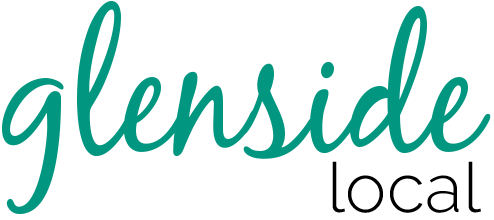In a recent newsletter to her constituents, Cheltenham Township Commissioner Ann Rappoport issued her thoughts regarding public participation guidelines during township meetings.
According to the notice, “A controversy has erupted over a proposed change in the ordinance that guides public comments at Township public meetings.” Members of the Board are looking to address concerns regarding late meetings, speakers’ directly addressing non-Board members during speaking turns, long-winded speakers, and various protocol inconsistencies.
Proposed changes appeared in the agenda materials before the March 13 Public Affairs Committee meeting. Rappoport wrote that she “proposed a few edits to those and some of that was amended in those materials within hours prior to that meeting.”
The notice continues:
Members of the Board had expressed concerns about meetings lasting past 11pm, sometimes midnight and beyond, and the various hardships this creates for quality of proceedings, and for staff, volunteers and residents. People making presentations and those hoping to speak never know when they’ll actually get called upon, as the posted meeting times don’t accurately reflect reality. In addition, some speakers have been permitted to break unwritten meeting protocols by directly addressing staff or other participants instead of the Board, whose meeting it actually is, and to whom remarks are to be addressed. Some speakers were permitted to dominate and interrogate for lengthy periods of time while others were asked to curb or conclude their remarks in much less time. There was inconsistency to the point that our Solicitor cited potential concerns going forward. So some guidelines, including a 3-minute timeframe for taxpayers, were explained verbally at the start of several meetings by our Board President and various Committee Chairs for the past couple months. Those remarks were followed by an attempt to codify the changes they had expressed. The codification seemed to regulate a bit beyond what had been stated orally.
The document, that was tabled on March 13, is expected to reappear on the April 10 Public Affairs agenda, for recommendation to move forward to the April 17 meeting – where the majority of the Board expects to vote to advertise the new ordinance language for final vote and acceptance a month later.
The public has raised a number of valuable questions and made some valid points about the ordinance. For instance, I too, had been appalled by the original wording denying questions as part of the public input, and worked to restore legitimate questions – as well as an expectation of timely answers to such questions – back into the ordinance. There’s also some real public interest in allowing clarification and following up on a given topic that might extend beyond the current 3-minute/one time-per-topic guideline. Indeed, valued real-time examples were evident in the legislative meeting this past Wednesday night! Furthermore, we need to accommodate input at public meetings from differently-abled speakers or non-verbal speakers. I don’t agree with the premise that letter-writing and phone calls to Board members before or after a meeting have the same impact, or time-sensitivity, or opportunity for participation before a vote, as those comments permitted during the meeting itself. Some sort of accommodations must be made for those unusual circumstances.
That said, I don’t agree that “the Chat” is the correct vehicle for formal or official public input. Indeed, “chatter” is frequently just that: informal communications – sometimes mere banter – among those using the feature, some with anonymity, etc. If the purpose of a public meeting is to seriously attend to serious business, Board members can’t be expected to focus on two conversation streams at once. I believe the chat often contains interesting comments and useful questions, when I’m able to glimpse it, but it does split my attention from the formal proceedings, and is distracting. I can see why it cannot be considered a formal part of the proceedings. If it’s being monitored by someone to “sift out” what’s “important,” then (1) that person is also unable to fully follow both conversations simultaneously, thereby perhaps missing relevant details; and (2) that judgment call could be biased or inequitable. The argument about saving it as an informal record for reference, as desired, has some utility, but if that obligates or presents any sort of legal expectation for the policy makers, that would be a mistake.
I plan to continue to study the current wording and suggestions I’ve read/heard, and to propose any further edits I believe might help improve the currently proposed ordinance.
For all the latest news, follow us on Facebook or sign up for Glenside Local’s “Daily Buzz” newsletter here.

